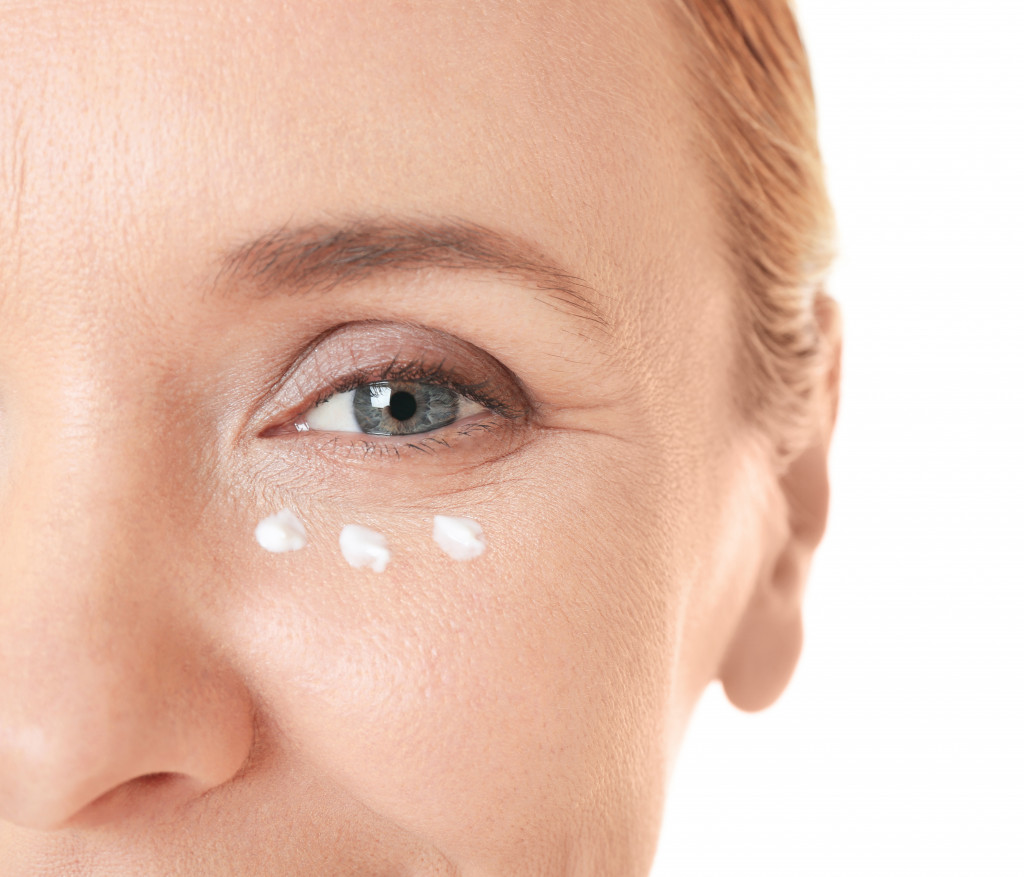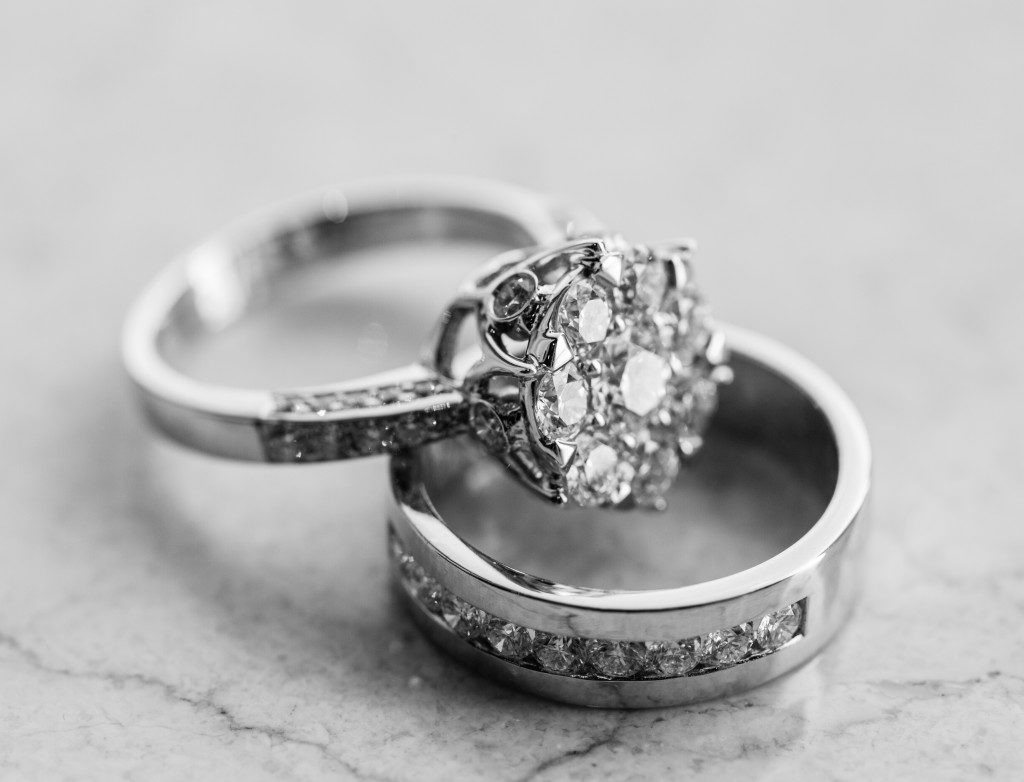The skin is a thin but tough organ covering the body and protecting it against infections, heat, colds, chemicals, and injury. It also helps regulate body temperature and stores water.
But it is also one of the first parts of the body to show signs of aging. Fortunately, today, people who want to look younger than their age can rely on technology, such as laser skin tightening machines, which help boost collagen production. This protein gives the skin elasticity and tightens it in the long run.
Nevertheless, before you resort to such procedures, it is crucial to know the different signs of skin aging and what you can do about them. This way, you can prevent some of those problems that come with age until they become too difficult to fix.
Early Signs of Aging
The first sign that your body is aging is a loss of tone in your face. As people lose collagen production in their twenties and thirties, they develop fine lines around their eyes and mouth. This process speeds up once people hit 50. Wrinkles form on both your face and hands.
Another change brought on by aging is the development of discolorations and spots. Your skin loses melanin (the pigment that gives your skin its color), and the fatty tissue below your skin decreases as well. The combination of these changes often leads to symptoms such as dull-looking skin and dark patches.
Advanced Aging Signs
Your skin gets thinner, particularly on your face, as you get older. It becomes less elastic too. You lose the ability to flush because of a lack of blood vessels in your face, and you can no longer tighten muscles around your mouth and eyes.
This leads to sagging skin, including bags under the eyes. Your oil production also decreases. It becomes more difficult to stay hydrated, and our skin becomes drier.
Advanced signs of aging include spider veins on our legs and loss of eyebrows. Deeper wrinkles form around our mouth, neck wrinkles appear, and over time fat pads over our cheeks become hollowed out because of a decrease in fatty tissues below the skin. If you have been smoking, your lips will thin and become dry.

The Various Factors That Influence Skin Aging
Different factors influence the rate at which each person ages. These include intrinsic factors such as our genetics, environmental factors such as UV radiation, and other lifestyle habits such as smoking and drinking alcohol.
Genetics plays a role in our appearance. Some people look young for their age, while others look older than they are.
Your genes determine the thickness of your facial fat pads and whether you get wrinkles. They also affect the number of wrinkles you get.
UV radiation makes people age faster by damaging the DNA in their cells. This leads to sunburns, wrinkles, spots, and a greater risk of skin cancer. Smoking is bad for your skin too, because it damages the DNA in our cells by increasing free radicals that cause inflammation and aging.
Protecting yourself from these factors will slow down the aging process. Slathering sunscreen can reduce the amount of damage done by UV rays. Wearing protective clothing when you are outside shields your skin from the sun’s harmful rays. Avoid smoking, drinking alcohol excessively, or eating processed meats to minimize these lifestyle choices’ damage to your skin.
If you have wrinkles, try using a moisturizer or a vitamin E cream. Vitamin E creams can improve the appearance of aging skin by increasing hydration and softness. Otherwise, you can rely on invasive and less-invasive surgical procedures to reduce the appearance of wrinkles. There are also cosmetic procedures that help boost collagen production in your skin.
When it comes to aging, prevention is key. You cannot stop time, but you can slow it down if you protect yourself from the factors that influence skin aging. This way, you can stay young-looking for longer before resorting to surgical procedures or invasive treatments.
In conclusion, as you age, your body changes in many ways, both physically and psychologically. You develop more fine lines on your face and body due to decreased collagen production over time.
Your skin becomes less elastic as it is no longer supported by fatty tissues underneath. Your oil production decreases, leading to drier-looking faces and legs. However, suppose you protect yourself from harmful lifestyles such as smoking and UV radiation. In that case, you can slow down the process of aging. Take the necessary steps today to retain your healthy, youthful skin.



